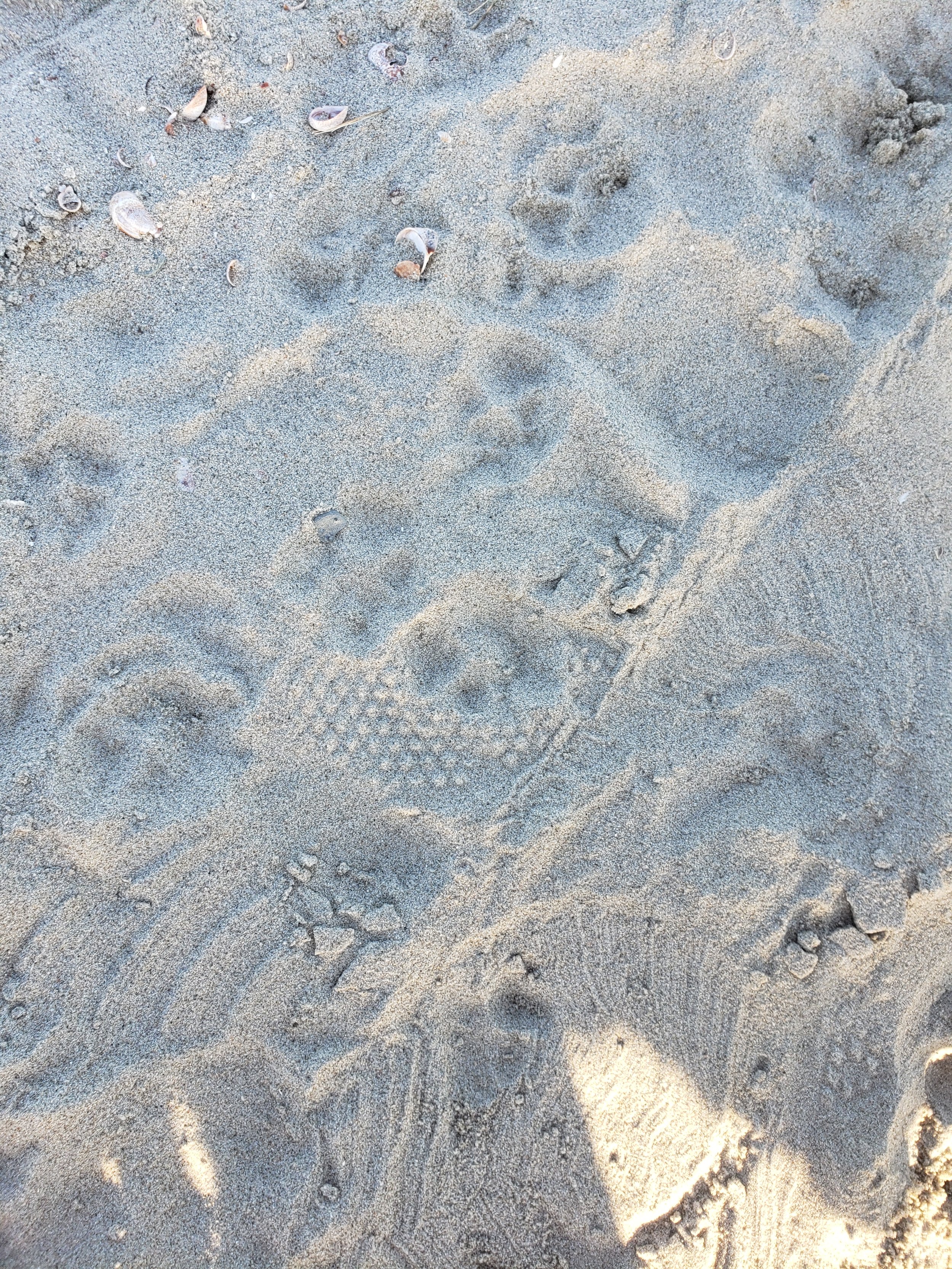
The process.
Initially, the pet is made as comfortable as possible. A small amount of a topical numbing cream will be applied to the skin. A rapid-acting anesthetic medication will be administered by intramuscular injection, that provides pain relief, reduces anxiety and causes muscle relaxation. This medication takes effect within moments, reaching maximum effect in approximately 10 minutes.
Next a small patch of fur will be shaved from a leg to facilitate access to the pet’s vein to ensure that the euthanasia solution is delivered quickly.
The euthanasia solution is usually a barbiturate- the same class of medication used for general anesthesia. At a much higher dose, this solution provides the same effects as general anesthesia, being loss of consciousness and loss of pain sensation. It also suppresses the cardiovascular and respiratory systems.
As the solution is injected, the animal loses consciousness and within minutes the heart and lungs stop functioning. Since the pet is not conscious, they do not feel anything. Most times, the animal passes away so smoothly, that it is difficult to tell until the veterinarian confirms the absence of a heartbeat.
Things to be aware of.
The eyes remain open in most cases. This is because closing the eyelids requires muscle contraction and the pet is given anesthetic medications that cause significant muscle relaxation.
Sometimes, the last few breaths appear to shortened or you may hear what sounds like snoring, snorting, gasping, or labored breathing. This is a result of involuntary muscle contractions, but the pet not conscious or aware at this point.
After the animal’s heart stops, there is complete muscle relaxation, often accompanied by urination and defecation. This is completely normal and something to be expected.
In addition, after death, neurotransmitters normally stored in nerve endings are released, causing occasional muscle twitching in the early post-mortem period.
Many owners who chose to stay with their pets are surprised by how quickly and easily their pet is put to rest.
Cremation options explained.
Cremation services provided by Final Gift Pet Memorial Center.
-
Communal Cremation
Keeping the memory of your pet close to your heart, a communal cremation offers both peace of mind and solace. With communal cremation, your pet is gently placed into the crematory together with other pets.
When the cremation process is complete, the communal remains are collected for interment in a communal burial plot at our beautiful cemetery grounds located at Angel View Pet Cemetery in Middleboro, MA.
Because no cremated remains are returned to you when you choose a communal cremation, you may wish to consider one of our personalized memorial paw prints as a timeless remembrance. -
Individual Cremation
Individual cremation provides you with the opportunity to keep your pet’s cremated remains as a permanent and personal keepsake. When you choose individual cremation, your treasured pet is placed into the crematory and separated from the other pets with partitions. When the cremation process is complete, we ensure that you receive only the cremated remains of your pet.
Your pet’s cremated remains will be returned in your selected urn along with a certificate of cremation, authenticating that your pet was cremated at Final Gift Pet Memorial Center.
You don't have to face this alone.
Losing a pet is one of the most difficult things a person can experience. Whether it is sudden or anticipated, the loss of a pet is a highly emotional time. We are proud to offer the Pet Compassion Careline. Available in English, Spanish and French, pet parents and their families will have access to experienced, professional, and confidential counselors.
The Grief Support Careline is staffed 24/7 with PhD and Master level grief counselors, with a minimum of 5 years experience in grief counseling. Clients can call ay time day or night, as many times as needed, and stay on the line for as long as needed. Clients can remain anonymous when calling the careline.

"Like all vets I hated doing this, painless though it was, but to me there has always been a comfort in the knowledge that the last thing these helpless animals knew was the sound of a friendly voice and the touch of a gentle hand."
— James Herriot, All Things Wise and Wonderful

